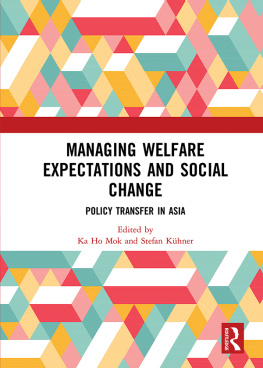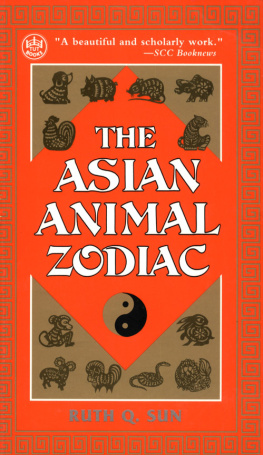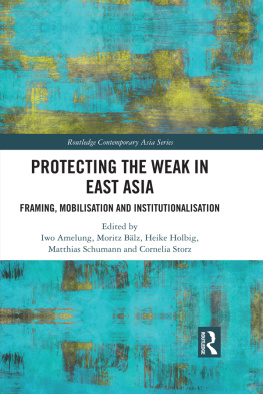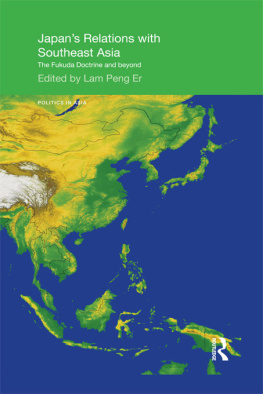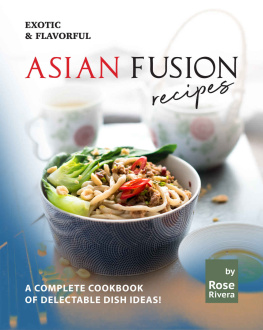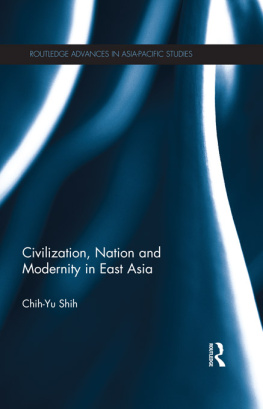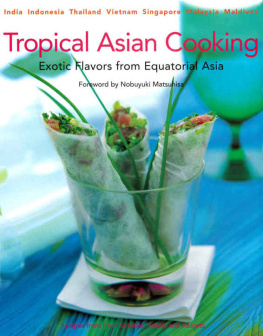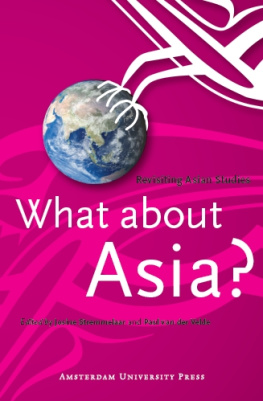Praise for The Asian Mystique
An invaluable follow-up to Edward Saids landmark Orientalismincisive, probing, and wonderfully readable... Prassos book is the equivalent of a page-turning potboiler.
David Henry Hwang, author of M. Butterfly
Her reality-check book gives us no excuse for staying straitjacketed in our kimono and obi views. The reward for giving up our exotic fantasies will be more real and equitable cross-cultural interactions.
Seattle Post-Intelligencer
She sees beyond the male gaze of an earlier generation of observers, providing fresh perspectives of Asias Mystique, unfettered by the bondage of sexual desire.
South China Morning Post
... intriguing are Prassos conversations with contemporary Asian women, including Mineko Iwasaki, who inspired Arthur Goldens wildly popular bestseller Memoirs of a Geisha... This is a persuasive, timely book.
The Boston Globe
... valuable as a study of manufactured imagery and the racism that comes with and of it.
Kirkus Reviews, March 1, 2005
The Asian Mystique is a highly provocative book that challenges the cultural and political stereotypes of Asia that have dominated Western thinking for more than a century. The author offers fascinating anecdotes and insights drawn from her long experience living and working in the region. With a combination of on-the-ground understanding and strong historical sensibility, Prasso succeeds in delivering an important message: if we continue to cling to such stereotypes about Asia, we will pay a steep price for our ignorance.
Elizabeth C. Economy, C.V. Starr Senior Fellow and Director, Asia Studies Council on Foreign Relations
A compelling study of Occidental misperceptions about Asia. Prasso argues persuasively that Western misunderstanding of Asia is routinely based on fantasy, positive or negative. There are consequences in diplomacy and business, but most of all in personal relations, particularly for Western men afflicted with what she calls yellow fever, the idealization of Asian women as feminine, attentive and seductive. Dragon ladies may exist, but sex goddesses abound.
Los Angeles Times
A compelling book on a subject that touches on all aspects of life in Asia, including economics.
Joseph E. Stiglitz, author of Globalization and Its Discontents
Prasso explains the symbiotic nature of Western fantasy and Asian fulfillmentoften to great profitof that fantasy, the roles that Asian women play and defy in the West, even the dangerous implications of this still-active fantasy upon global politics. Especially interesting are her observations on the emasculated role of Asian men in Western mediapicture, for instance, Jackie Chan even kissing a Western woman.
Booklist
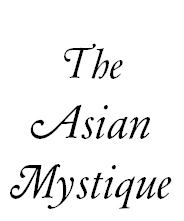


Copyright 2005, 2006 by Sheridan Prasso.
Published in hardcover in 2005 in the United States by PublicAffairs
Published in paperback in 2006 by PublicAffairs, a member of the Perseus Books Group.
All rights reserved.
Printed in the United States of America.
No part of this book may be reproduced in any manner whatsoever without written permission except in the case of brief quotations embodied in critical articles and reviews. For information, address PublicAffairs, 250 West 57th Street, Suite 1321, New York, NY 10107. PublicAffairs books are available at special discounts for bulk purchases in the U.S. by corporations, institutions, and other organizations. For more information, please contact the Special Markets Department at the Perseus Books Group, 11 Cambridge Center, Cambridge, MA 02142, call (617) 252-5298, or email .
Book design by Jane Raese
Library of Congress Cataloging-in-Publication Data
Prasso, Sheridan.
The Asian mystique: dragon ladies, geisha girls, & our fantasies of the exotic Orient/Sheridan Prasso.1st ed.
p. cm.
Includes bibliographical references and index.
ISBN-13 978-0-78673-632-4
1. WomenAsiaSocial conditions. 2. WomenAsiaPublic opinion. 3. Asiaforeign public opinion, Occidental. 4. Stereotype (Psychology). 5. East and West. I. Title.
HQ1726.P73 2005
305.48'895dc22
2005043048
2 4 6 8 10 9 7 5 3 1
For Priscilla Thayer Brandon, who challenged me to see the world with new eyes
Contents

The East is a University in which the scholar never takes his degree.
It is a temple where the suppliant adores but never catches sight of the object of his devotion.
LORD CURZON, Viceroy of India, 18991905
A N EXOTIC LAND OF GRACEFUL ALLURE, of swaying sugar palms and soaring bamboo, of servants, silks, and sumptuous feasts. In the minds eye we can envision its mystical charms, its incense-shrouded temples and opium dens; its appeal to the despot in all of us, lying on a divans satiny cushions, tended by beautifully beguiling Orientals. It is sensual and decadent, enticing and thrilling in its forbidden temptations. This has long been our Western fantasy of The Orientantiquated, perhaps, but still shockingly influential.
We cannot easily escape its effect on the lenses we use to view Asia and its people. We see through a constructed prism of our own making, built from our experiences and from our knowledge acquired through education and culture. Our perspectives are misshapedcontortedby centuries of misunderstandings built on mythologies, fantasies, fairy tales, and fears. We in the West see the East through distorted eyes, through an Orientalized filter of what I call Asian Mystique.
In 1990, shortly after I had moved from Chicago to Asia as a news correspondent, I became intrigued by a frequent visitor to my Mid-levels neighborhood of Hong Kong, a man who shouted in a sing-songy voice the same words over and over as he traversed the winding, hilly streets. I lived in an apartment block in front of a concrete wall holding back the mountainside, and to me this mass of concrete seemed an affront to nature. I knew that the Cantonese people of Hong Kong believe there are gods everywhere and in everythingin the kitchen, the trees, the water, and the landscape. Could this man be chanting to appease the mountain god who might be angered by this man-made desecration? I wanted to indulge the fantasy that I was witnessing the mystical Asia out the window of my concrete apartment block. I told my Chinese-speaking roommate about the man, and one day as I heard his cries I went running to get her. She stepped onto our small balcony, listened to his chant, and turned to me laughing, I believe he is collecting scrap metal. I was never able to see Asia in the same way again.
Since then, in the fifteen years I have been writing about Asia, I found that the impressions I had brought from America didnt match what I was seeing with my own eyes. Travel writers and novelists described the mystical and exotic, the kind of Asia I was prepared to find in my scrap-metal collectors chant; instead, I experienced the normal and real. The true Asia, I found, was largely misrepresented by the dominant images we have in the West, where the Orient is often depicted with fantasy-fueled feminine adjectives.
Next page

